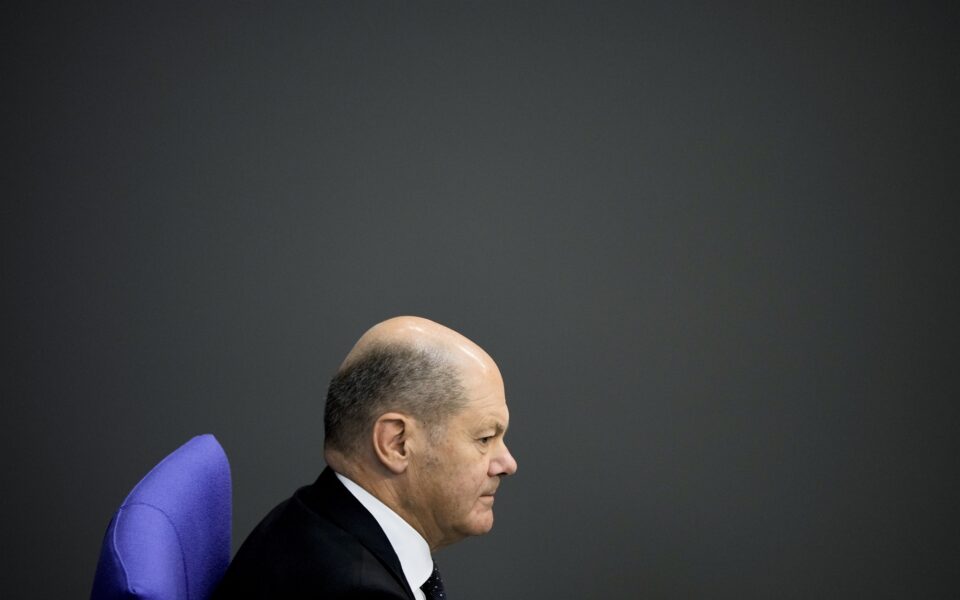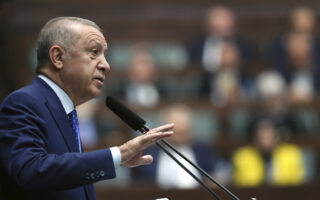German chancellor’s visit to Greece

Greek-German relations have undergone different phases since the beginning of the debt crisis in 2010. A tortuous relationship has included agreements and disagreements on a plethora of themes ranging from austerity policies to the management of the arrival of refugees on Europe’s borders and more recently tensions in the Eastern Mediterranean. Discussions between Greek and German leaders have, to some degree, functioned as a laboratory for central decisions influencing the governance of the eurozone and the general modus operandi of the European Union.
Olaf Scholz is the first German chancellor to come to Greece in the post-Merkel era. One year has passed since the last visit by the emblematic German leader to Athens and the situation looks substantially different in comparison to October 2021. The war in Ukraine is impacting on Europe’s understanding of the world. It is subsequently pushing Germany to enter the arena of geopolitics, an undesirable but necessary development for the country. Among other things, Athens and Berlin are engaged in cyclical arms deals. The former is providing Ukraine with BMP-1 tanks and receives MARDER vehicles from the latter.
In a changing world, Athens expects Berlin to exercise leadership in a direction that will protect Europe’s fundamental interests in a holistic way. The insistence on fiscal discipline and the rejection of ambitious pan-European plans – with the significant exception of the issuance of common debt during the pandemic – reflects a respectable economic theory. This theory, however, arguably fails to respond to the multifaceted challenges the European Union is currently encountering. It’s not all about economics. Within this context, Greece views the evolution of German-Turkish ties – including at the level of arms exports – suspiciously.
Chancellor Scholz comes to Greece with a typical agenda of deepening economic ties. According to the latest German statistics, German exports to Greece rose by 16.3% to €5.2 billion in the first eight months of 2022 when compared with the same period last year.
German exports to Greece rose by 16.3% to €5.2 billion in the first eight months of 2022 when compared with the same period last year. German imports from Greece monitored an increase of 7.5% and amounted to circa €2 billion
German imports from Greece monitored an increase of 7.5% and amounted to circa €2 billion. Green energy collaboration is similarly flourishing, as is the case with German foreign direct investments in Greece. Bank of Greece data demonstrate that Germany was among the top three investors in the decade from 2011 until 2021.
Last but not least, the visit of Chancellor Scholz to Greece can add a new, creative nature to bilateral consultations. While Germany is considering whether to sign an agreement with COSCO Shipping regarding a terminal in the port of Hamburg, Greece is able to offer its own expertise in working with the Chinese company that will control the port of Piraeus for the decades to come. Both Germany and the European Union are endeavoring to adjust their policy vis-a-vis China and the Greek experience constitutes a useful source of knowledge.
Dr George N. Tzogopoulos is a lecturer at the European Institute of Nice (CIFE), and senior fellow at the Hellenic Foundation for European & Foreign Policy (ELIAMEP) and at the Begin-Sadat Center for Strategic Studies in Ramat Gan, Israel.





